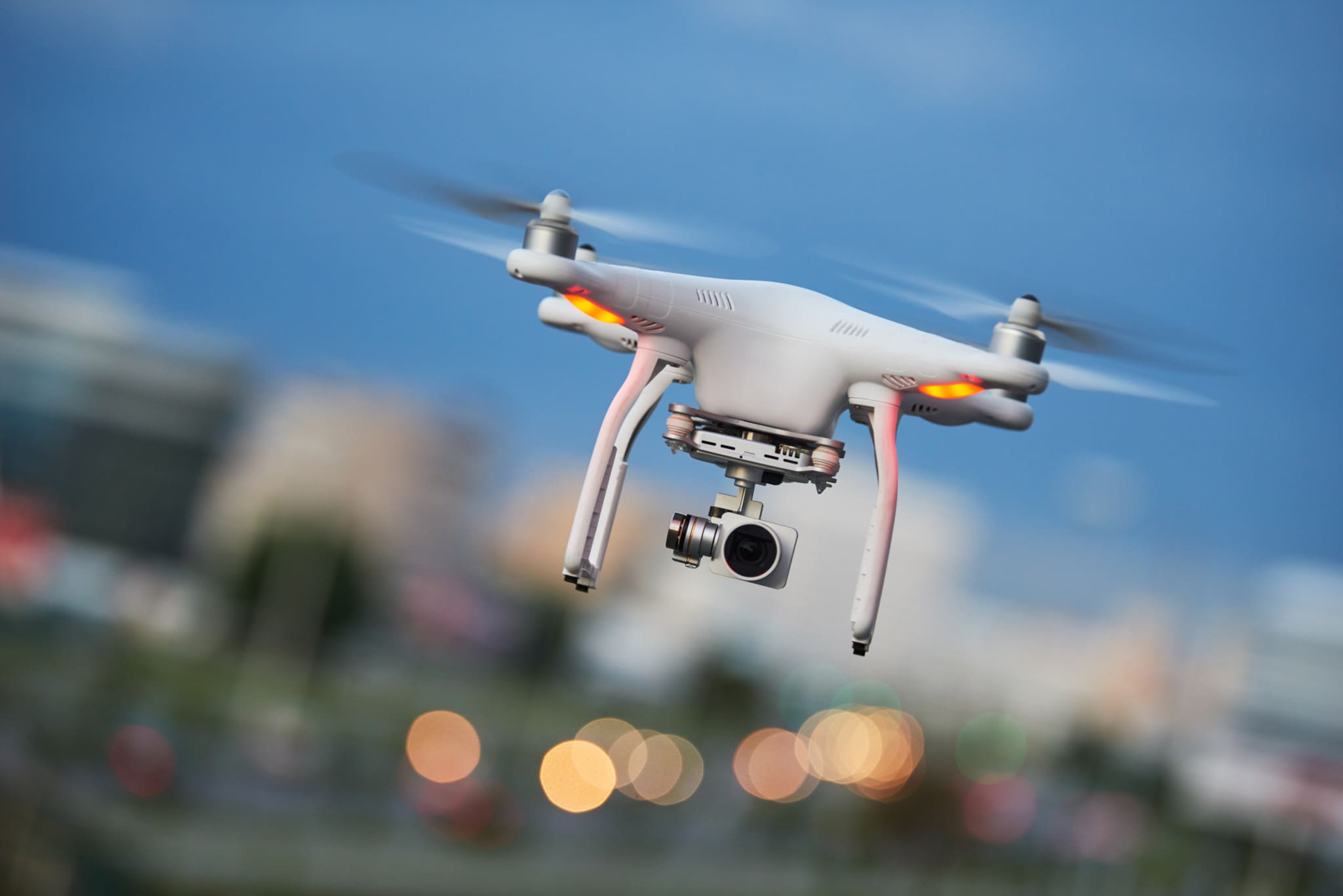Brits walking alone at night may soon be able to summon a drone via their smartphone in a bid to deter stalkers and sex attackers, it has been revealed.
Details of Drone Defence’s program have come to light at the same time that London has become an increasingly unsafe city, with teen homicides seeing a record rise after a boy was stabbed to death just days ago in the 30th killing of 2020.
The technology, drawn up by a group of former police officers and aviation experts, is being marketed as a means to protect those most vulnerable to violent or sexual assaults, particularly women. It would involve unmanned drones equipped with thermal cameras deployed to escort someone in need to a place of safety.
It is understood that a prototype will first be trialed at Nottingham University to assist students and staff on campus, with an application for funding to the U.K. government’s Innovate research program expected in the near future.
The public outcry that followed the abduction, rape and brutal murder of Sarah Everard by a serving police officer in March of last year put the safety of vulnerable women walking alone at night at the very heart of the public debate in Britain, and experts believe the concept of unmanned drones could offer a more efficient, quieter and greener method of protecting those in need than costly, manned police helicopters.
At the same time, civil liberty concerns have been raised about the proliferation of drones in recent years, with privacy advocates pointing to the potential threat of cities blanketed with surveillance drones with the ability to spy on citizens’ every move.
Despite these concerns, those promoting the technology point to what they say are the benefits of using drones for public safety. While the 50mph maximum speed of the drone limits its ability to pursue criminals at speed, it is believed the drone could perform up to 80 percent of the search and surveillance work currently assigned to police helicopters at a fraction of the cost.
And what the drone design lacks in speed, it makes up for in agility, with an estimated response time of just four minutes, compared to a police helicopter’s 20-minute average.
Similarly favorable to the drone is its cost at just £35,000 compared to the £4 million required to build an EC135 police helicopter.
Richard Gill, the founder of the company behind the drone defense technology, told The Telegraph: “It is a high capability drone that costs just £100 an hour but can do 80 percent of what a police helicopter can do. It cannot do high speed pursuits, but it can do the other tasks such as searching for people and ground surveillance.
“It will take about a year to put together as a proof of concept that drones can provide support for people at a fraction of the cost and in minutes rather than tens of minutes.”






